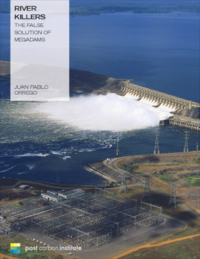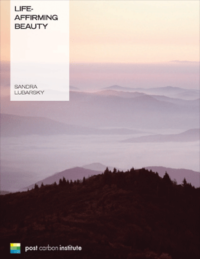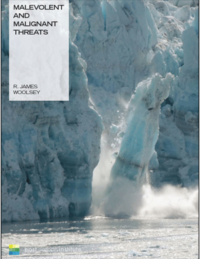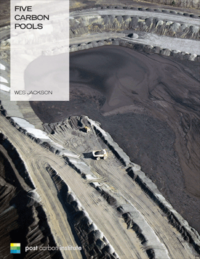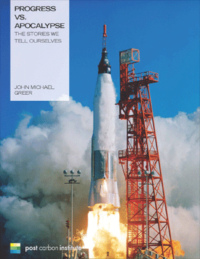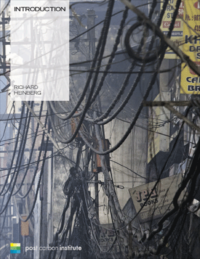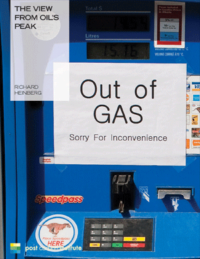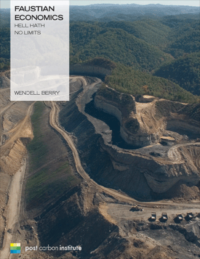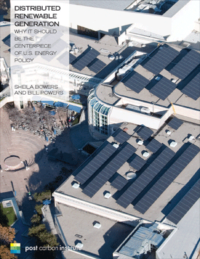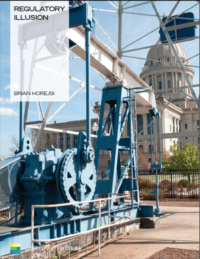
Regulatory Illusion
The 2010 Deepwater Horizon oil spill in the Gulf of Mexico briefly focused attention on how the oil and gas industry exploits public resources with little or no accountability. But the larger problem of how corporations and governments engage in a charade of regulation proceeds largely unnoticed. This sham regulatory process has failed to stem […]

